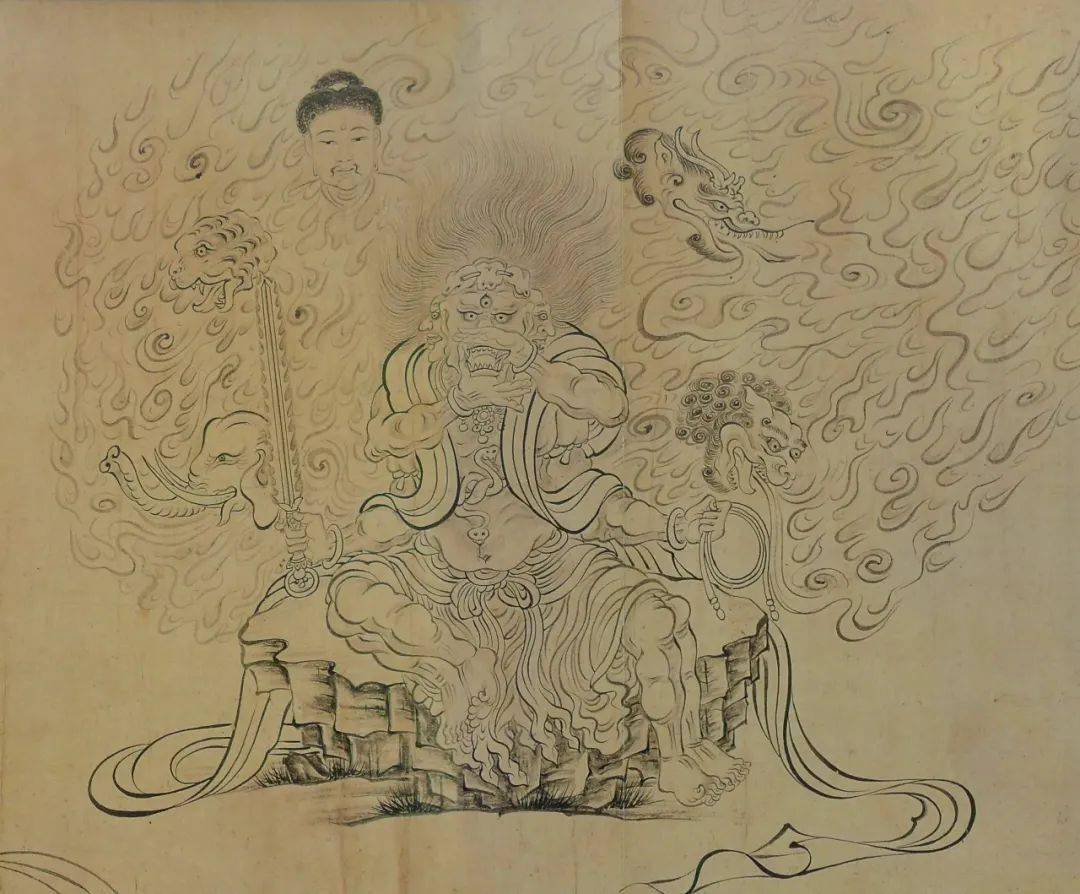Li Zicheng, as a very famous adventurer in history, should be well-known to everyone. Li Zicheng’s fame can be said to be very great. But after overthrowing the Ming Dynasty, Li Zicheng only served as emperor for 42 days. Although the time is short, Li Zicheng’s achievement is still something that few people can achieve. But 42 days is only a little over a month. What did Li Zicheng do during these 42 days? How did Li Zicheng spend his 42 days as emperor? Let’s learn about it together today.

1. Embarrassing Great Shun Dynasty
The downfall of the Ming Dynasty was marked by the entry of Li Zicheng’s Dashun army into Beijing and the suicide of Emperor Chongzhen in the 17th year of the Chongzhen reign (1644 in the Gregorian calendar). However, when it comes to the chronological order of Chinese history, it is often referred to as “Tang, Song, Yuan, Ming, and Qing”, and the Great Shun Dynasty between the Ming and Qing dynasties seems to be deliberately overlooked.
There are two reasons why we chose to ignore the Great Shun Dynasty:

The first point is that according to traditional historical concepts, the Dashun Dynasty was not a legitimate dynasty, and the Tang, Song, Yuan, Ming, and Qing dynasties were all legitimate. Therefore, the Dashun Dynasty was excluded.
The second point is that it only took forty-two days from Li Zicheng’s entry into Beijing to his expulsion from the capital during the Dashun Dynasty. It can be called a flash in the pan, therefore, the Great Shun Dynasty was ignored.
So, why can the Great Shun Dynasty only last for forty-two days? And what did the Dashun court do during these forty-two days?
2. The reason why the Great Shun Dynasty was short-lived
The fact that the Dashun Dynasty was able to take over Beijing was accidental, but also inevitable.
The so-called contingency is because the politics of the late Ming Dynasty were too corrupt. The entire Ming Dynasty was either dominated by treacherous officials or corrupt officials. As for saving the Ming government from danger, it was not the concern of the bureaucrats. Therefore, it resulted in ineffective relief for the hungry and ineffective management of disasters, leading to frequent peasant uprisings. In a state of corruption, the Ming army was eager to kill the righteous and take risks, leading to a large number of civilians joining the peasant army in order to survive. Li Zicheng became the leader of the peasant army by chance, and luckily he was able to besiege the capital city – all of which were products of the decay of the Ming Dynasty, so it can be said that they were inevitable.
Li Zicheng never imagined that it would be so easy for the world to become emperor in Beijing, so he had no awareness of building political power before. This led to Li Zicheng’s entry into the capital, but the Dashun army still maintained the habits and status of bandits – for example, the Dashun court and army lacked food and provisions, and Li Zicheng allowed his subordinates to seize Ming dynasty bureaucrats and wealthy households in the capital, even resorting to extortion and blackmail. Many soldiers of the Dashun Army were born into poverty and their humanity was suppressed. After entering the capital, they began to indulge themselves, resulting in many virtuous women being mistreated.
All of this resulted in the Dashun Dynasty not receiving support from feudal bureaucrats and losing the possibility of establishing a feudal regime.
Therefore, even if the Qing Dynasty did not enter the country, under the rule of the Dashun Dynasty, there would still be new uprisings aimed at opposing the Dashun Dynasty – just like in the early days of the Ming Dynasty, due to many policies of Zhu Yuanzhang that harmed farmers in some areas, the anti Yuan peasant uprising broke out shortly after its end.
3. The Last Great Shun Dynasty
The absurd behavior of the Dashun Dynasty made Wu Sangui realize that Li Zicheng could not become a successful candidate. Therefore, Wu Sangui borrowed the Qing army to enter the country and pursue Li Zicheng.
Li Zicheng was defeated in the battle with the Qing and Wu allied forces and retreated back to Beijing. At this moment, Li Zicheng also realized that governing the world was an impossible task for himself, so he was too lazy to study how to resist the Qing and Wu allied forces. Instead, after holding the official coronation ceremony of Emperor Yongchang of Dashun in Beijing, he fled with the gold and silver treasures he had plundered.
Thus, the Great Shun Dynasty withdrew from the capital and began its process of destruction.


